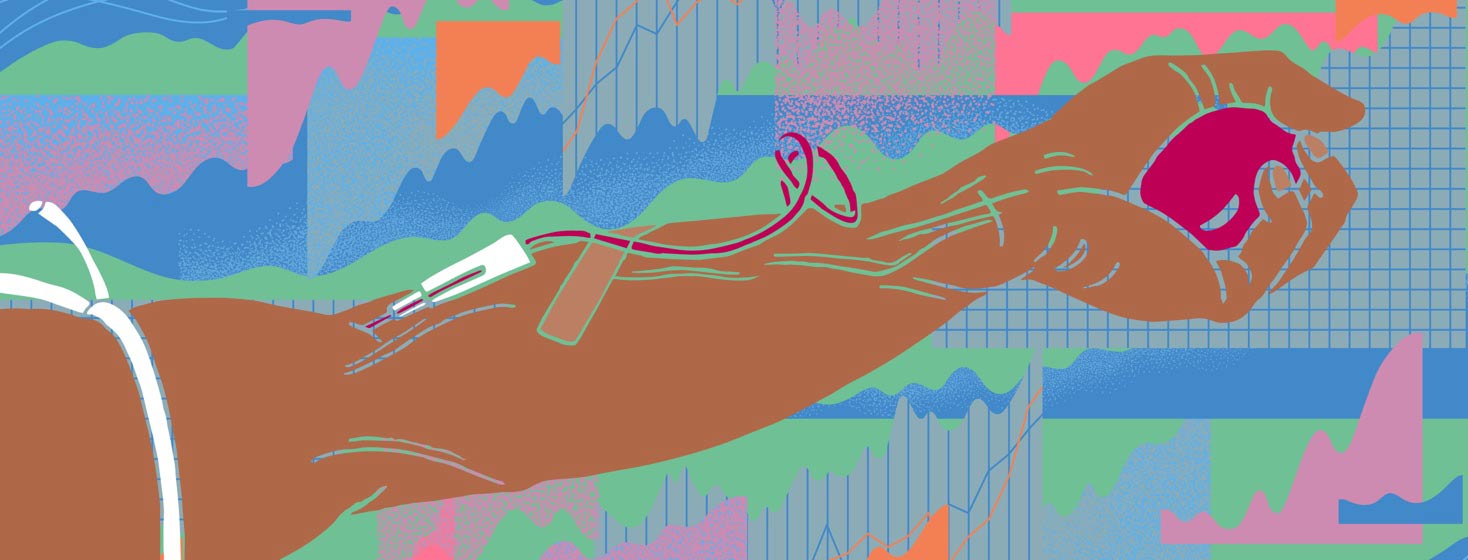Clinical Trials
The things we know now about HIV largely comes from research, more specifically clinical trials involving people living with HIV. The success of HIV treatment today has the many people who volunteered for clinical trials to thank for the highly effective, better tolerated, and easier-to-take medications that are now available.
I believe the future of our ability to respond to the needs of people living with HIV – whether it is new drugs for those just starting therapy for the first time or in desperate need of new approaches to managing side effects or most importantly, finding a cure for this disease - will depend on people continued enrollment in clinical trials.
What is a clinical trial?
A clinical trial is simply a medical experiment that takes place in a hospital, a clinic, or a doctor’s office setting.1 Some of these experiments are designed to test the safety and usefulness of a new drug, or perhaps to test several different kinds of drugs or treatment strategies in order to determine which one is better.
Clinical trials during the HIV/AIDS pandemic
At the beginning of the AIDS pandemic, many clinical trials tested drugs that treat HIV directly, and other trials tested drugs that treat or prevent the opportunistic diseases and non-AIDS-related complications.
There have been trials that tested easier or more effective ways to take medications or strategies to treat side effects to medications. Trials are also underway to find a cure.
I have participated in a least 12 different trials since being diagnosed with HIV. I always learn things about myself, my health, and it allows me to pay it forward.
Phases I & II
Phase I of a clinical trial tests test the safety of a new drug. Many also look for early markers of effectiveness.1 After Phase I, Phase II testing looks at safety and dosing information for new medications while also assessing effectiveness of treatment over several months.1 When I participated in Phase II trials, it lasted for nearly two years.
Phases III & IV
Phase III trials are larger and longer trials that are designed to confirm whether a treatment works and measures important safety issues.1 The data is reviewed by the Food and Drug Administration (FDA) as well as test tube and animal studies to determine if the drug will be approved.1
HIV advocacy in clinical trials
In the early years of the epidemic, after activist protested and fought hard to increase the drugs tested and approved, several new drugs were granted “accelerated approval” by the FDA while the Phase III trials were still going on.2 Most of the time, the FDA requires all studies to be completed before an application for approval can be filed. That early activism lead increased access to new therapies.2
Once the studies get to Phase IV, which is the final stage, the drugs are evaluated for there effectiveness in different populations.1
My experience participating in clinical trials
As I shared, throughout the years I have participated in many clinical trials. For me, participating was about making sure Black people were represented in research. I wanted to ensure the physiology of Black people was considered in determining if the drugs and treatments were effective for people of color.
I still participate in clinical trials. Not for new drugs, but for research about the brain, heart, and even issues like anal cancer. I have also considered my participation in clinical trials as one additional way I can support the HIV community.

Join the conversation